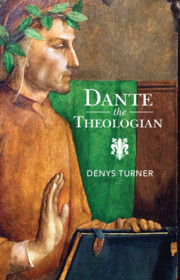7 - Paradise and the End of Poetry
from Part III - Paradise
Published online by Cambridge University Press: 02 September 2022
Summary
Bodily images – smiles (especially those of Beatrice), music, and silences – are key elements of the language of this celestial pedagogy that are also those of Heaven’s essential nature. Smiles: It was in Purgatory that Beatrice reprimanded Dante for his grim seriousness (see Chapter 5). In Paradiso 33 Dante learns why: It is that smiles originate in the Trinity itself: They are what make God to be a trinity. And silence: Now Satan’s silence is seen as the opposite of Heaven’s and the two “apophaticisms,” of Heaven and Hell, embrace the whole of language, and all poetry, that finds its place between those two silences. And for Peter Damien Heaven’s silence is that of music, reflecting Boethius’s belief that each of the cosmic spheres emit a note, the conjunction of which is a celestial silence. And the last of word of all, Dante says, the word that moves his will, is the Word made flesh. For what moves his will is what that moves the sun and the other stars, the Word made human.
- Type
- Chapter
- Information
- Dante the Theologian , pp. 243 - 289Publisher: Cambridge University PressPrint publication year: 2022

